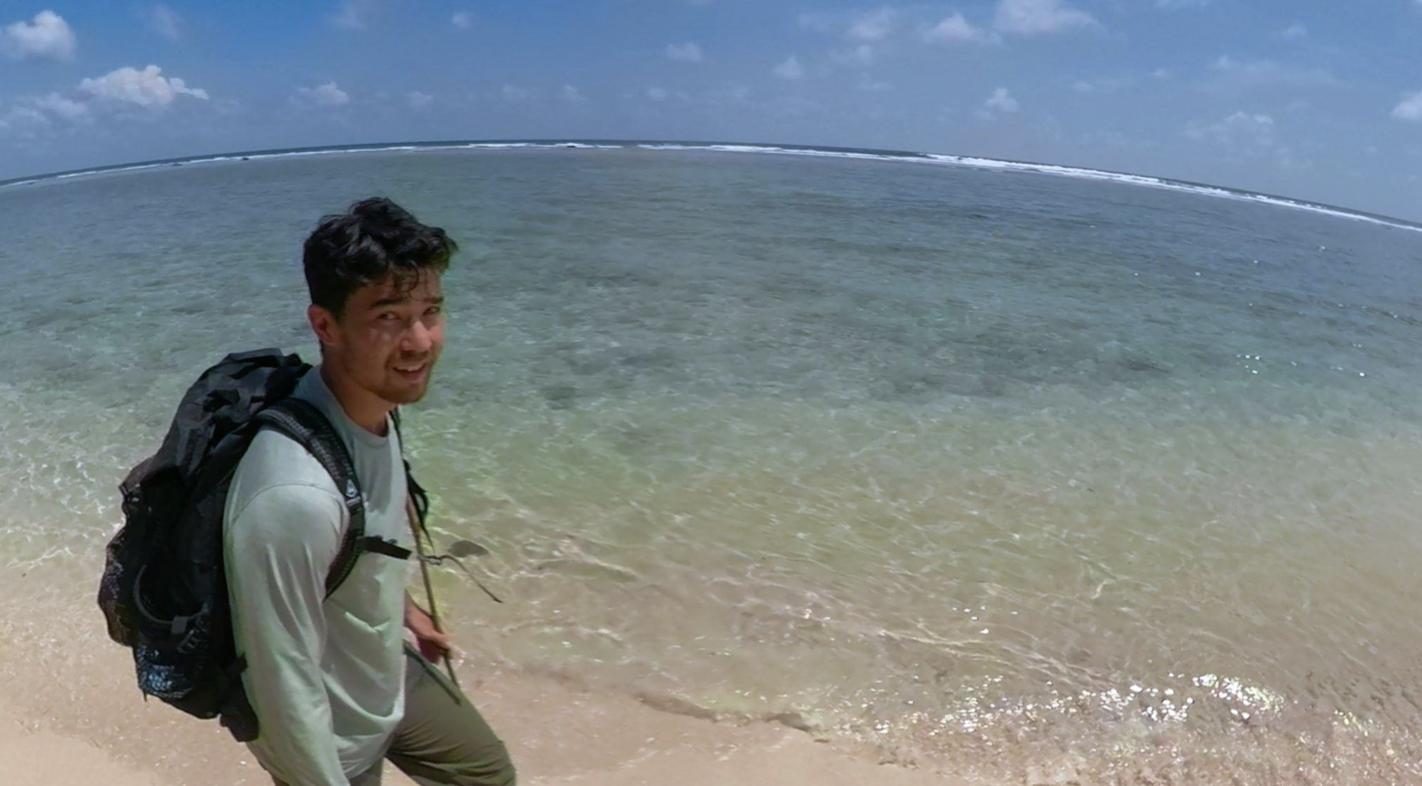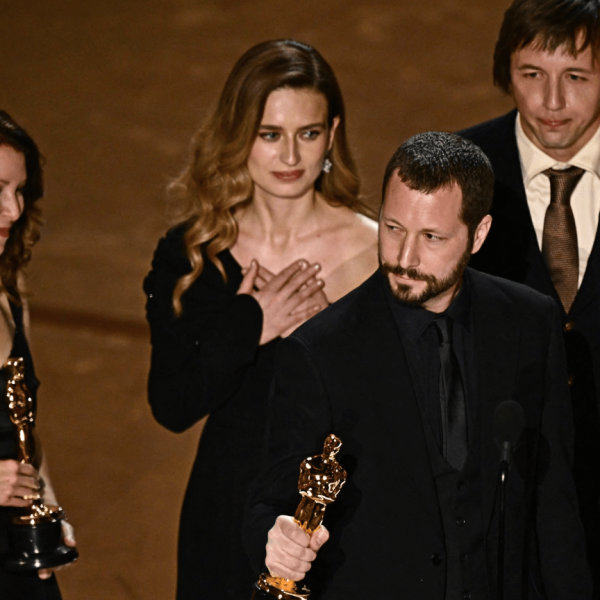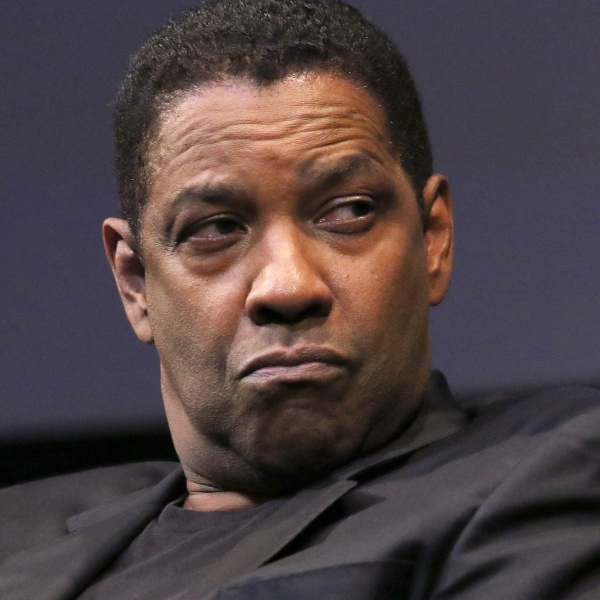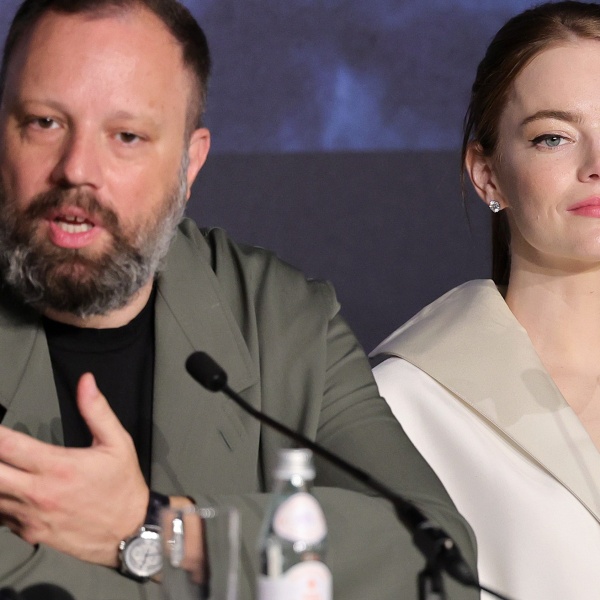Editor’s note: This review was originally published at the 2023 Telluride Film Festival. National Geographic Films releases the film in theaters on Friday, October 13.
In 2018, an Evangelical Christian man named John Chau made a covert voyage to North Sentinel Island to visit one of the last voluntarily “uncontacted” tribes on the planet. The people of the island enjoy the protection of the Indian government after choosing to eschew contact with modern society — and outsiders are prohibited due to their hostile attitude toward uninvited visitors. Nevertheless, the 26-year-old Chau ignored the advice of his family and attempted to preach his Christian beliefs to the islanders. He was killed with an arrow at the start of his second visit.
Chau’s story is the subject of “The Mission,” a new documentary from “Boys State” directors Amanda McBaine and Jesse Moss. Using Chau’s extensive diaries and a long letter from his grieving father as a starting point, the film uses actors to illustrate the decision making process that led Chau to break international laws and ultimately give his life for his faith. The recreated footage is supplemented with real interviews with Chau’s friends and confidantes, as well as former Christian missionaries who renounced their faith after embarking on similar trips.
Those elements work together to paint a three-dimensional picture of Chau as a young man driven by genuine spiritual conviction, an unquenchable thirst for glory, and a child’s blindness to the fact that things sometimes go horribly wrong. The people of North Sentinel Island are given an equally respectful portrayal, with years of research cited as evidence that their decision to avoid the outside world is a choice informed by decades of history rather than mere ignorance.
Chau’s ill-fated trip (and the events that led to it) is the kind of meaty subject matter that documentary filmmaking exists to explore. While it’s always clear that Chau’s idea was doomed to fail, McBaine and Moss explore the world that shaped him through a variety of cultural lenses. It becomes evident that Chau’s obsession with reaching North Sentinel Island was born from the intersection of several phenomena: an organized religion that emphasizes missionary work, a childhood spent consuming “adventure” media that often features boys traveling to islands and meeting natives, and a society that places such a premium on individual glory that martyrdom begins to sound like a decent option. While the sincerity of Chau’s faith is rightfully never questioned, he’s the result of a strain of Christendom that fused with American individualism to create something that often does more harm than good.
In the same way that Hossain Sabzian indirectly becomes the star of a movie about his own suffering in “Close-Up,” the mere existence of “The Mission” brings Chau closer to his dream of becoming a beloved martyr. Someone, somewhere will almost certainly take away the wrong messages from the film and hold Chau up as a liberating hero.
That’s not the fault of the filmmakers — nobody will ever make a piece of art that isn’t vulnerable to misinterpretation, and no artist should be held responsible for every intellectually dishonest way that their work can be spun. If anything, the potential misreadings of the film only make it more thought-provoking. As we learn from the story of John Chau, our unending sea of media is a tinderbox for anyone who needs the justification to act on their worst impulses.
The first half of “The Mission” is triumphant, offering a multitude of thought-provoking ways to approach a tragedy. But with so many fascinating angles at their disposal, it’s unfortunate that Moss and McBaine didn’t take a bigger swing with their ending. Rather than exploring the tension between Chau’s intrinsic yearning for religion and a secular nation that offers few healthy avenues to scratch that itch, the film reaches the disappointingly narrow conclusion that religion itself is the problem. Quotes about churchgoers living by “first century myths” in the 21st century feel more appropriate for a cringe-inducing Reddit thread than a documentary that goes to such great lengths to humanize its subject.
It misses the point that the film otherwise makes so well: Chau’s story is about much more than religion and mission trips. The real lesson to be learned is the need for adults to realize that life is more than a storybook with ourselves as the hero.
Grade: B+
“The Mission” premiered at the 2023 Telluride Film Festival. National Geographic Documentary Films will release the film in theaters on Friday, October 13.





